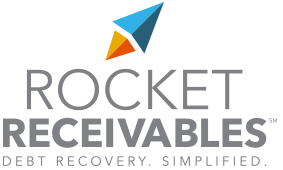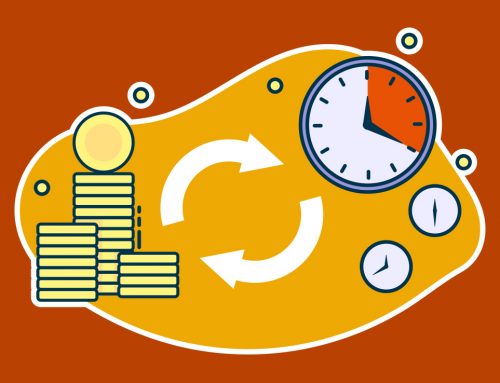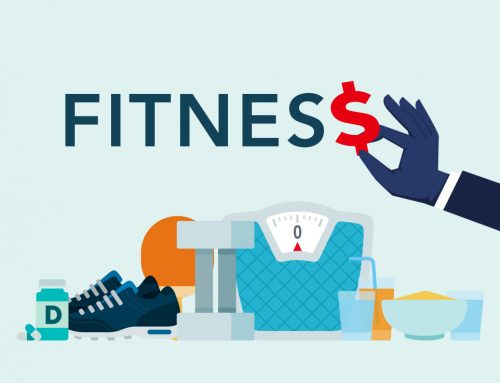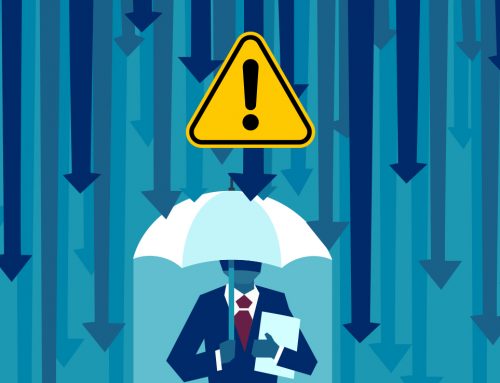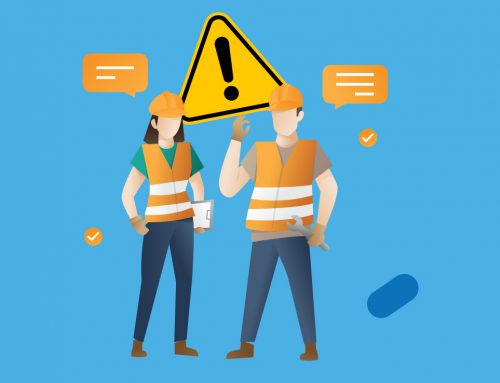A good business partnership is always based on the mutual understanding of the work that both parties are undertaking together.
Forming the right partnerships to improve your A/R is crucial to a small business.
If you’re considering a partnership with a commercial collection agency, we thought it might be helpful to understand how they do business. What are the most common activities these firms handle every day – and how can their efforts help your bottom line?
This article covers the latest report from the Consumer Financial Protection Bureau. The agency surveyed debt collection agencies to shed light on how they conducted their operations, including types of debt collected, software, and common procedures that help keep consumers safe. How do these best practices help the small business owner?
CFPB’s Study of Commercial Collection Agency Organizations
The Consumer Financial Protection Bureau released a study last year that collated information from commercial collection agency organizations to better understand their operational procedures. They found that these organizations primarily handle the following tasks on behalf of their clients:
- Gathering client data on delinquent accounts and sharing it with the commercial collection agency staff using hardware and digital software applications.
- Calling and sending letters to delinquent accounts and negotiating payment.
- Posting payments and communicating this data to clients and collectors.
- Investigating consumer complaints or disputes.
- Providing updated information to collections bureau.
- Initiating litigation against debtors.
The study found that the commercial collection agency could collect on almost any type of debt. However, there are some specific categories of debt collection that occurs more often across the United States, including:
- Credit card debt
- Student loans that require Private student loan for bad credit to be free from them
- Automobile payment delinquencies
- Medical past due balances
- Telecommunications (read more here)
- Utility
As the commercial collection agency leverages their expertise across these delinquent accounts, what are some of the best practice methodologies that they leverage?
How can commercial collection agency best practices help your business?
Commercial Collection Agency Best Practices
The study served to highlight some of the best practices commonly applied in the industry. These include:
- Caps on how frequently the delinquent account holders are called.
- In-house technology teams to monitor cyber security and troubleshoot IT issues. Cyber security training certification will facilitate this process.
- The use of technology automation to ensure compliance with regulatory rules, as wells as streamlining contact with past due account holders.
- In-house compliance staff that monitors contact with consumers to ensure no regulatory infractions occur, as well as monitoring policies and procedures to keep data secure.
- Use of a collections management system to maintain account information and track all activity by the debtor. These systems ensure the accuracy of customer financial and payment data.
While these are just some of the best practices highlighted in the report, it’s clear that they all have one common goal: to protect the business owner. The goal in establishing these best practices is for the commercial collection agency to successfully improve a company’s A/R while carefully following all local, state, and federal regulatory guidelines. The people, policies, and technologies that form the backbone of these best practices are also carefully designed to navigate the tricky tightrope between collecting past due accounts without a heavy-handed approach that could destroy your firm’s reputation in the marketplace.
To find out more about how a collection agency like Rocket Receivables can you’re your business, contact us today.
